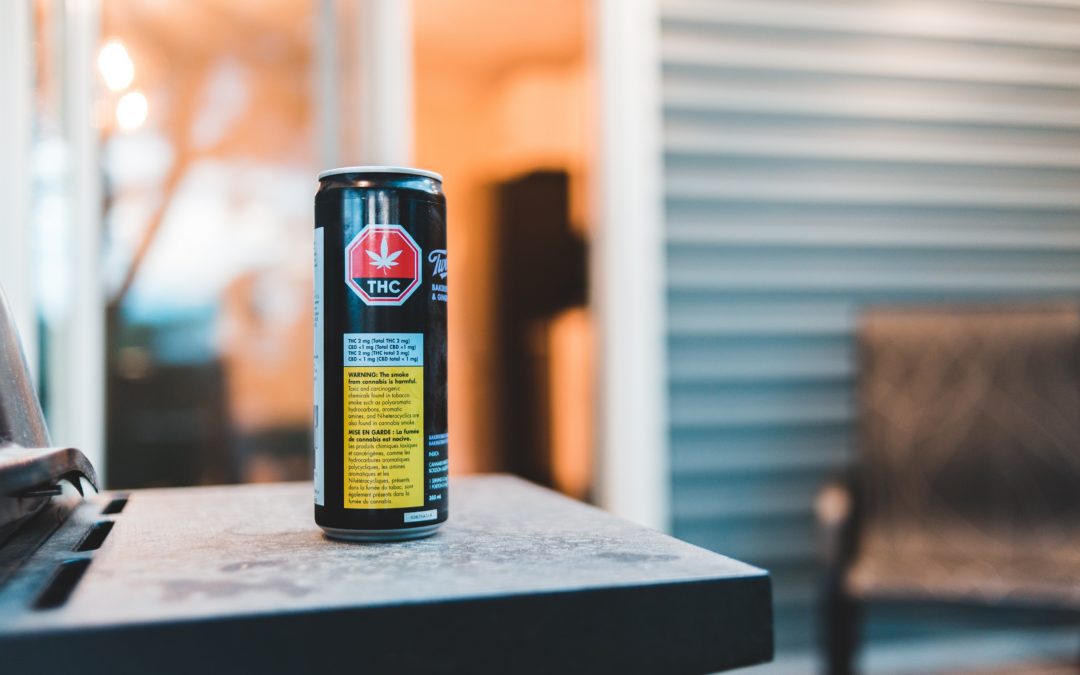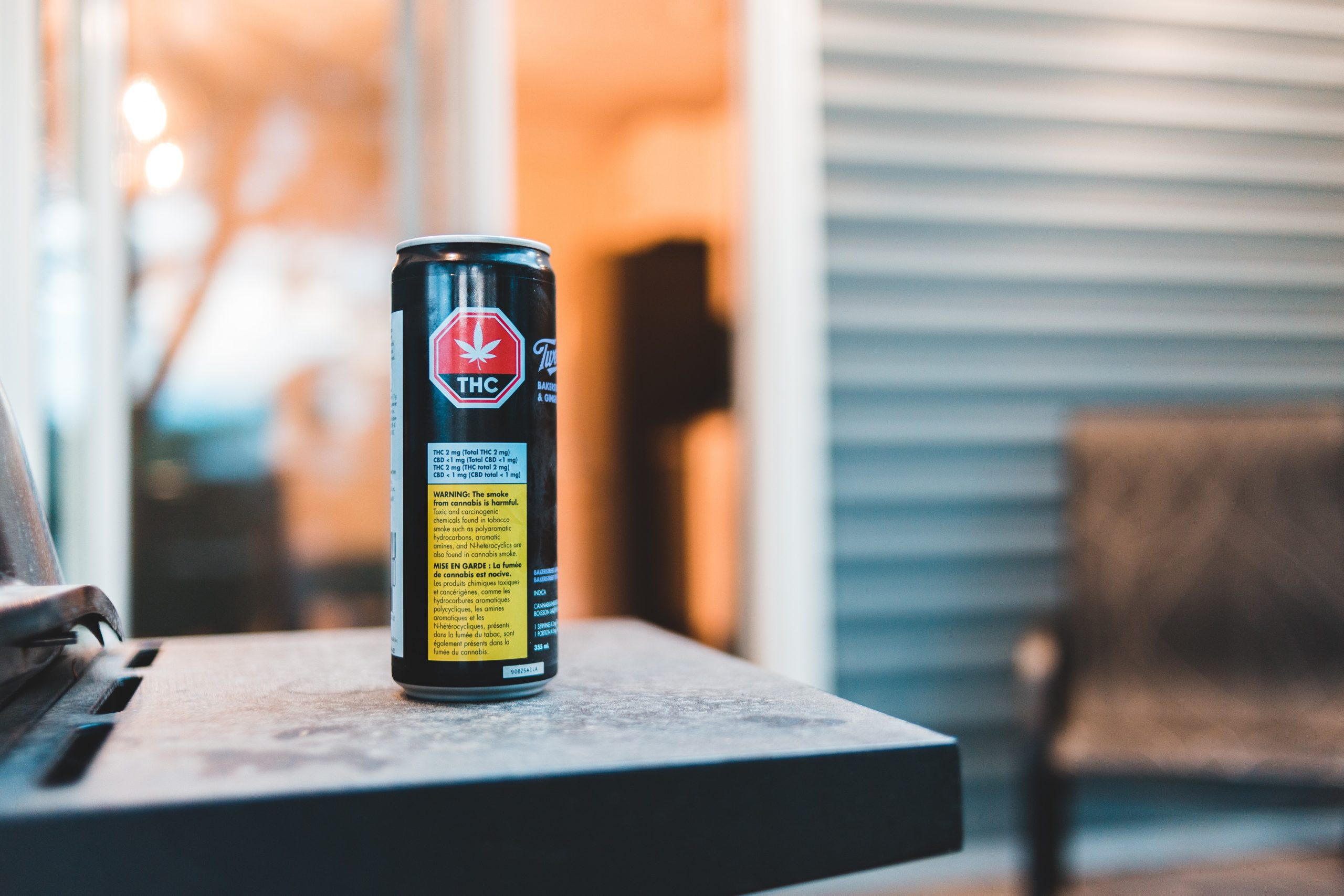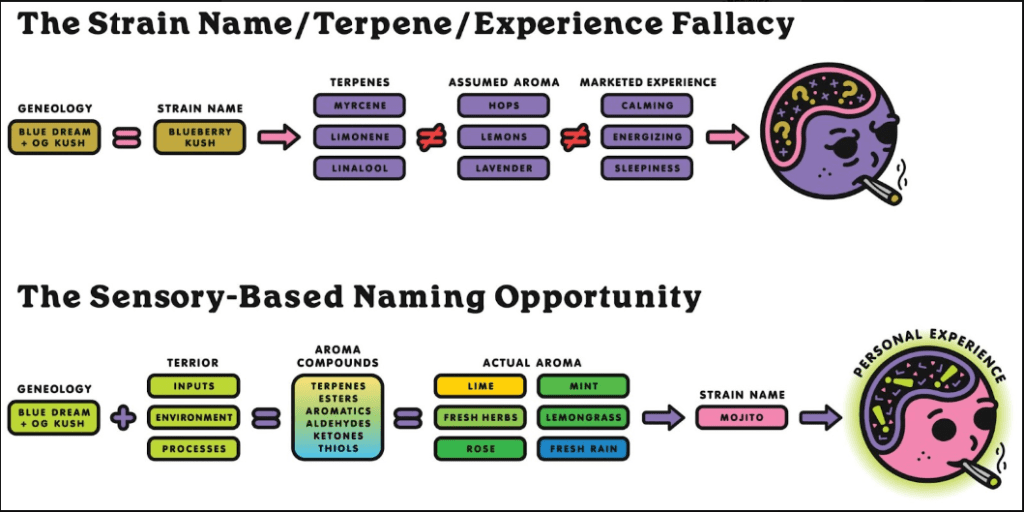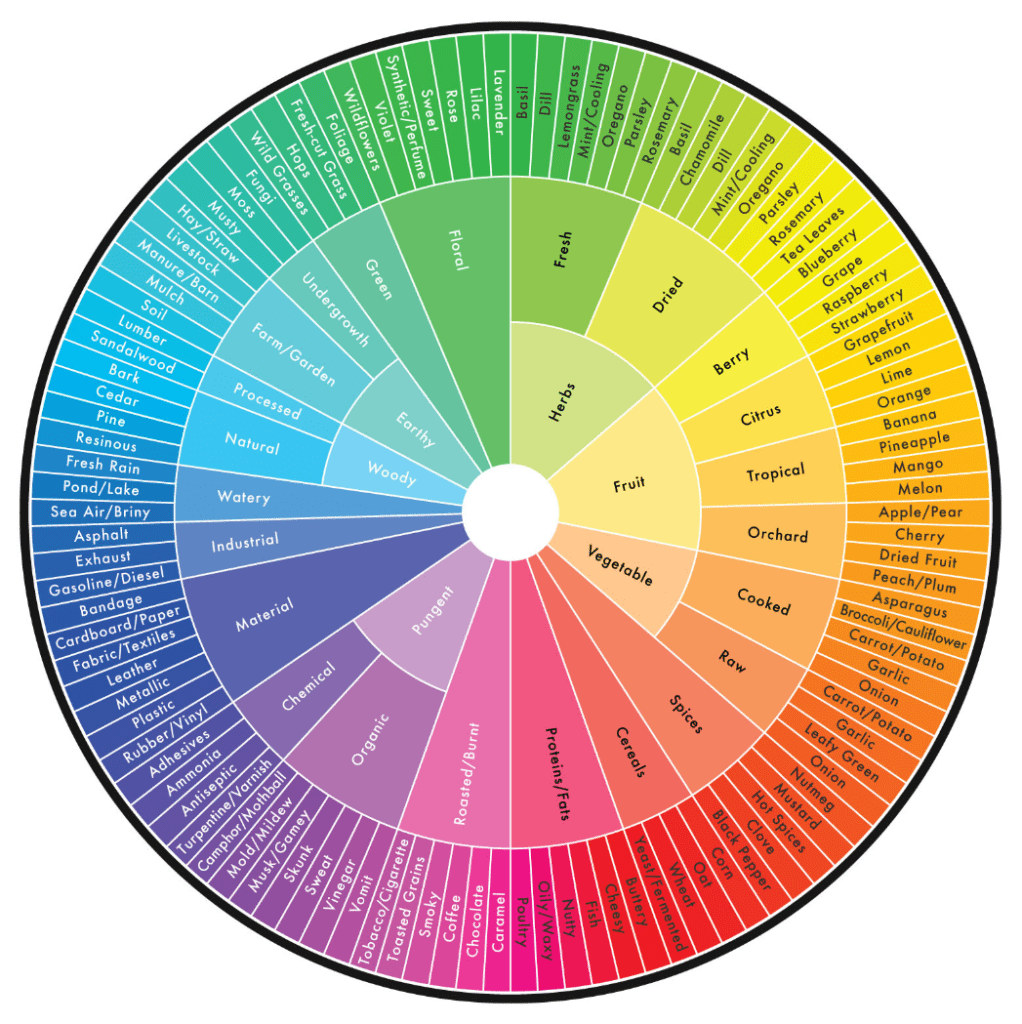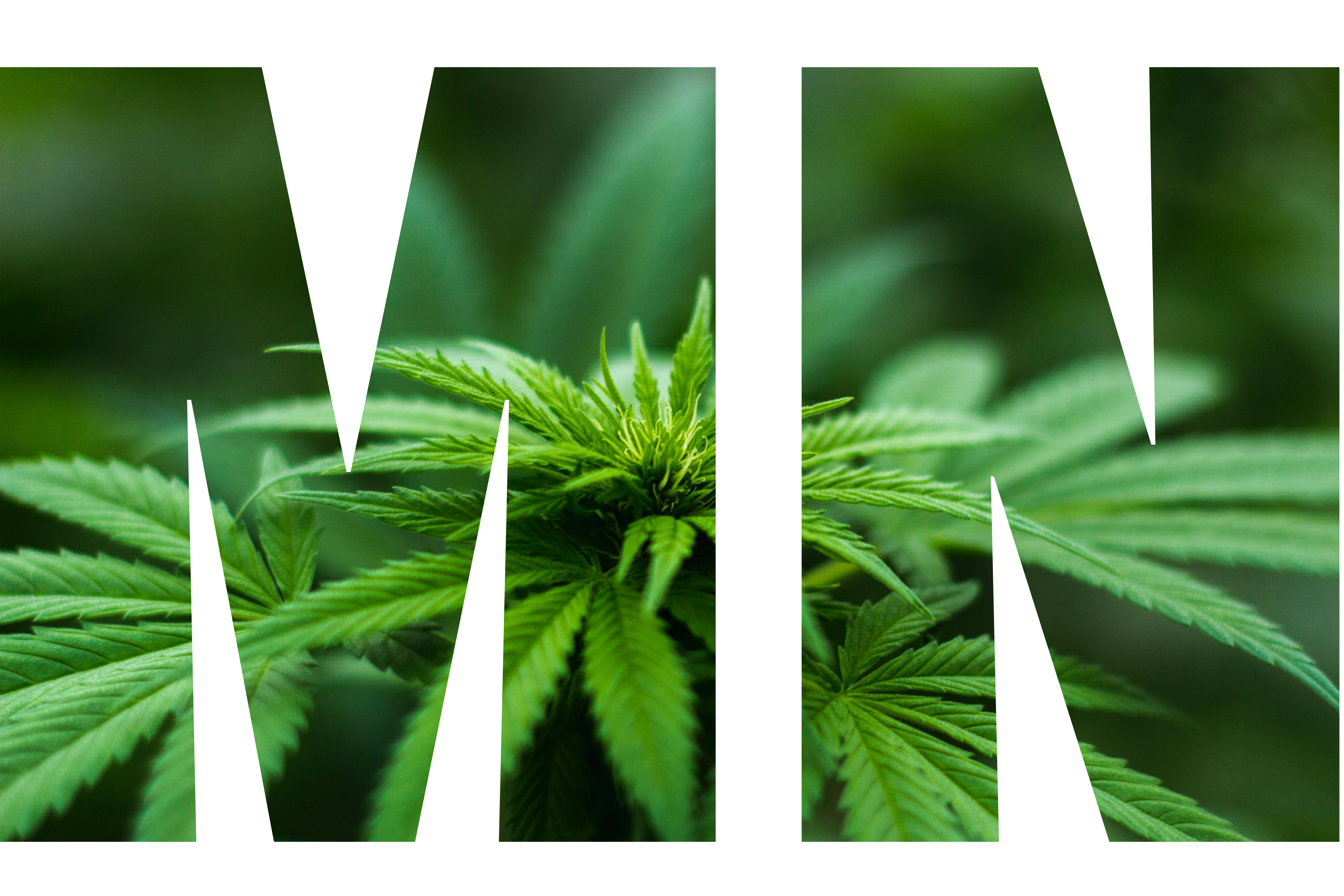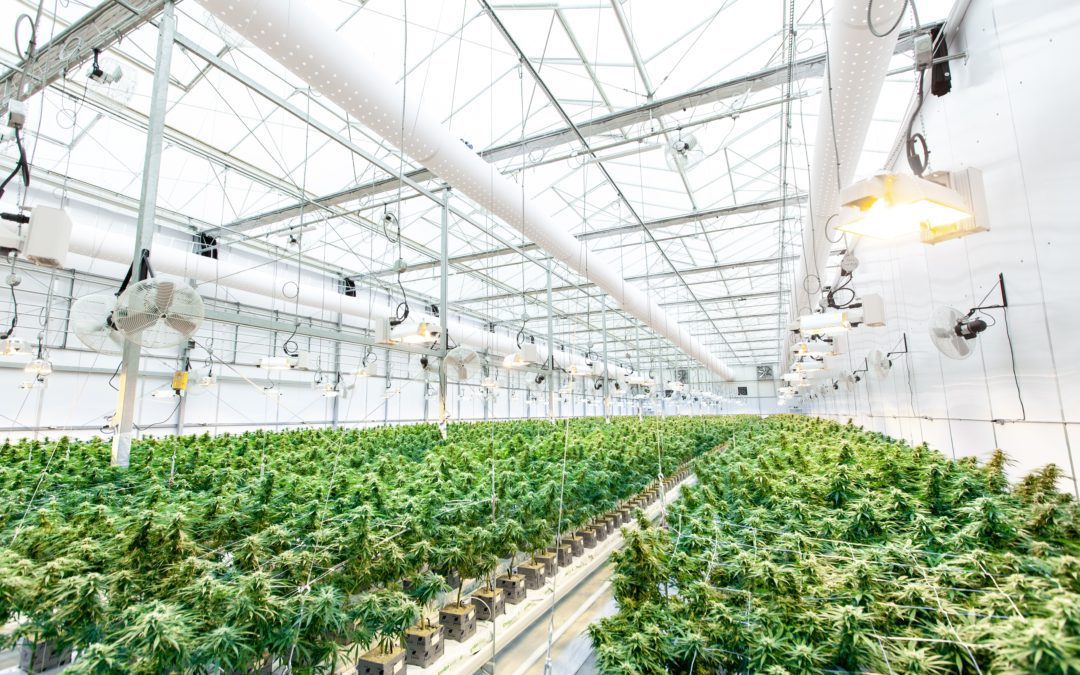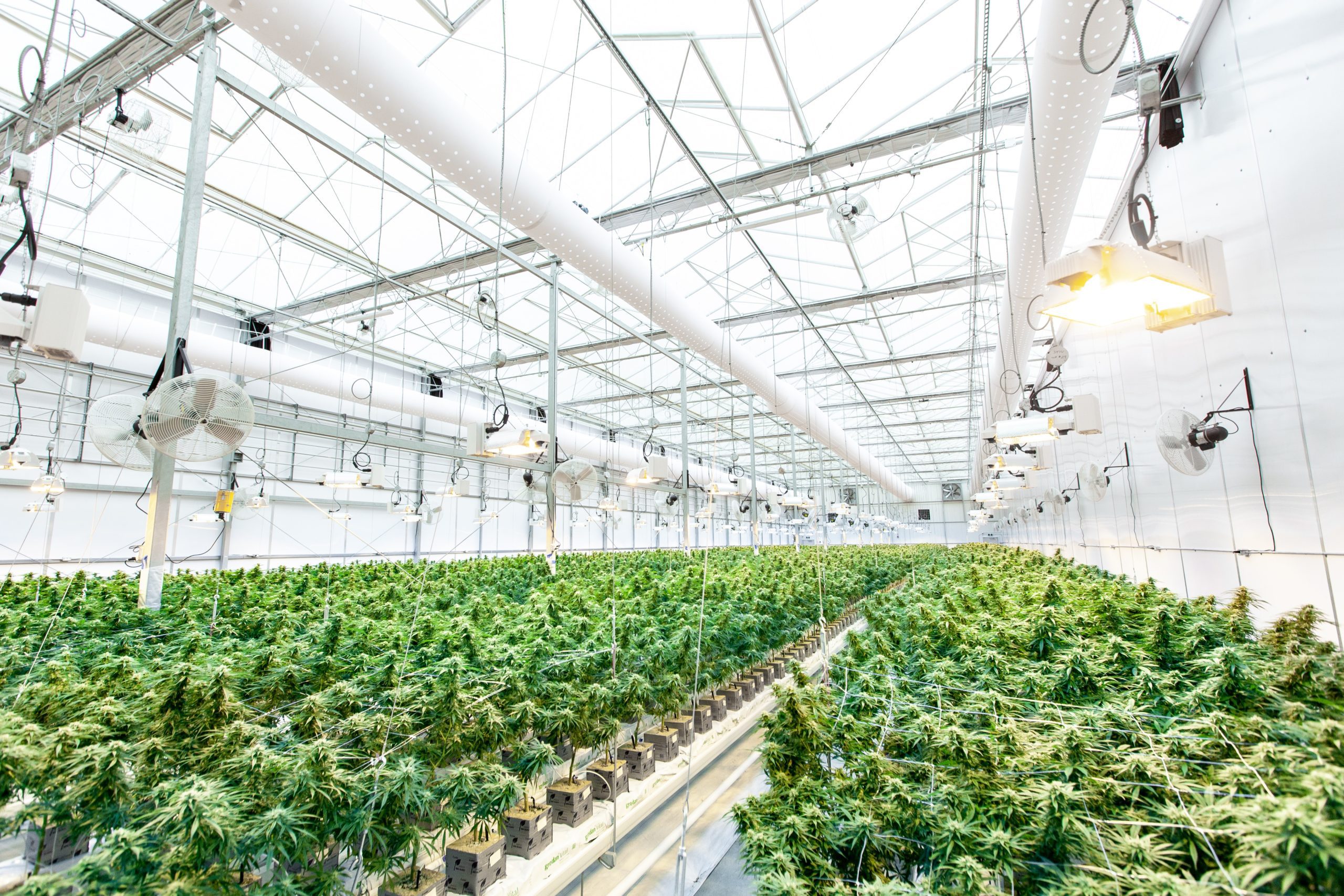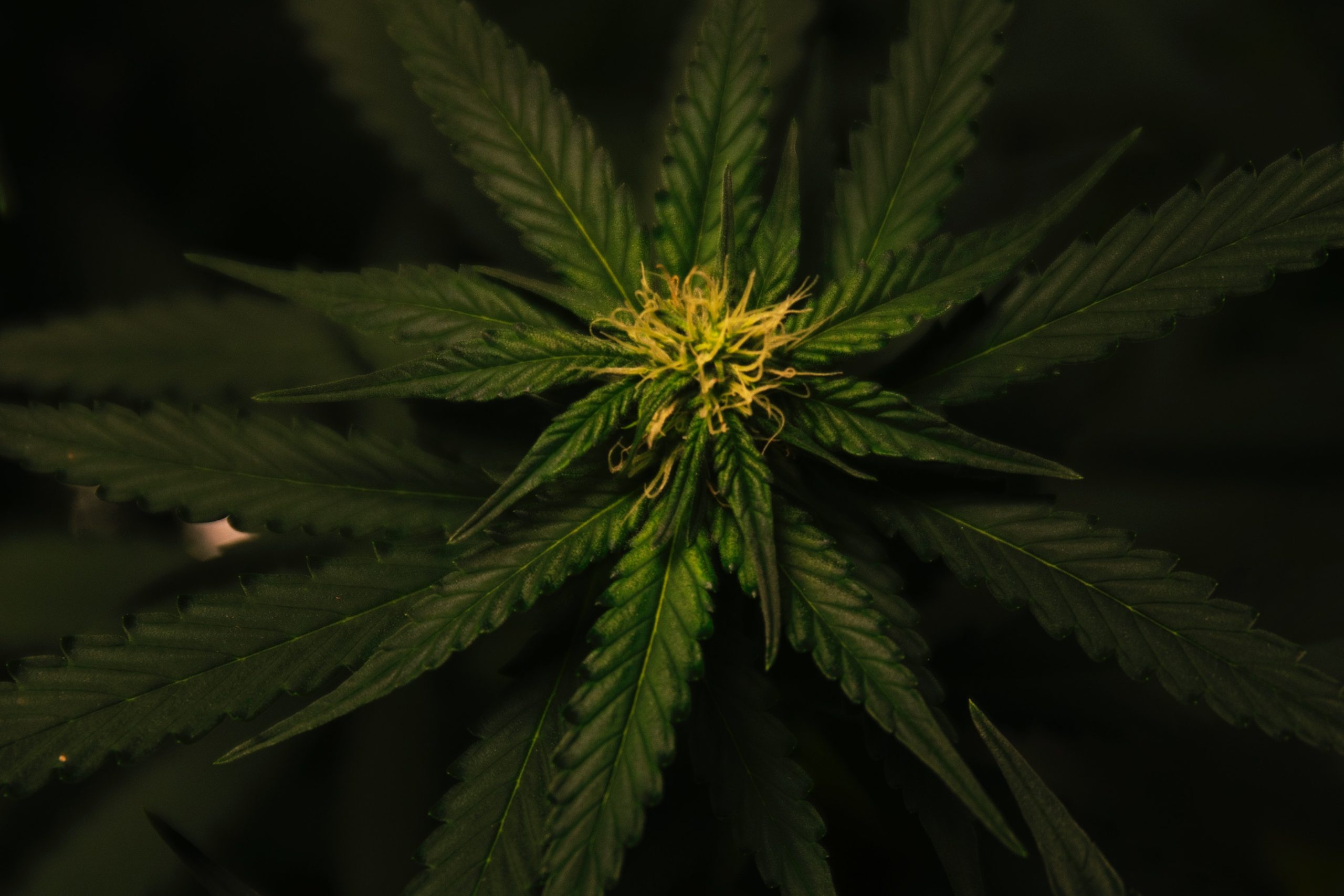
South Dakota’s Medical Cannabis Program Surpasses Expectations, Raises Concerns

South Dakota’s foray into medical cannabis has far exceeded its initial projections, with the issuance of medical cannabis cards doubling the expected numbers. Since the program’s launch in 2021, the South Dakota Department of Health has issued approximately 11,500 medical cannabis cards, significantly surpassing the original projection of 6,000 cards to be issued by 2024.
Jennifer Seale, the administrator of South Dakota’s medical cannabis program, conveyed this remarkable progress to state legislators during her testimony before the Medical Marijuana Oversight Committee. Commenting on the accomplishment, Seale stated, “We’ve doubled the amount that we were projecting to see in three years within two years.” Her statements were reported by the local news outlet South Dakota Searchlight.
This unforeseen surge in medical cannabis card issuance has ignited concerns among committee members regarding the ease with which patients are gaining access to these cards. Fred Deutsch, a Republican state House Representative and a member of the committee, has been vocal about his opposition to recreational marijuana legalization. He has also criticized the perceived lack of safeguards within South Dakota’s medical cannabis program.
Deutsch’s concerns are articulated in his worry that doctors might profit significantly by setting up “Doc in a Box Shop” clinics, undermining the program’s integrity. In his view, the focus should be on ensuring that those genuinely in need have access to medical cannabis while preventing its misuse. Deutsch’s skepticism prompted him to personally obtain a medical cannabis card earlier this year, aiming to showcase how accessible the process is.
In a tweet from June, Deutsch explained his stance: “I support easy access to medical marijuana when doctors and patients follow the law. I now have a medical card because my doctor didn’t follow the law.” During the recent hearing, Deutsch recounted his own experience of obtaining the card, highlighting concerns about the privacy of patient information during the process. He stated that there was a lack of privacy during the consultation and raised concerns about the handling of his medical records.
The issue of “pop-up” medical marijuana clinics, where patients can obtain cards with relative ease, prompted lawmakers to consider two bills aimed at imposing restrictions on such clinics during the state’s legislative session earlier this year. These bills sought to enact changes in cannabis law, including limiting advertisements for prescription services and ensuring a genuine doctor-patient relationship before issuance. However, both bills were rejected by the state Senate Health and Human Services Committee.
In January, South Dakota lawmakers made a significant move by expanding the list of qualifying conditions for medical cannabis treatment and transferring the authority to set these conditions from the Department of Health to the state legislature. The expansion of the medical cannabis program came after South Dakota voters approved a ballot measure in 2020, legalizing medical cannabis for eligible patients. Though the law officially came into effect in 2021, state-licensed dispensaries started operating the previous year.
Notably, the 2020 ballot also included a proposal for a constitutional amendment to legalize recreational cannabis. Although the majority of voters supported the amendment, the South Dakota Supreme Court later overturned it. This decision pleased Republican Governor Kristi Noem, who had actively led the effort to challenge the amendment’s legality. Governor Noem emphasized that the court’s decision did not impact the medical cannabis program, reaffirming her commitment to the lawful implementation of the program.
South Dakota’s medical cannabis program has far outpaced initial expectations, issuing double the projected number of medical cannabis cards. While this success underscores the program’s popularity, concerns have emerged regarding the accessibility of medical cannabis cards and the potential for abuse. The state’s legislators continue to grapple with finding the right balance between providing easy access to medical cannabis for those in need and safeguarding against misuse and exploitation of the system.
Source: HighTimes
EXPLORE MORE NEWS
Newsletter










